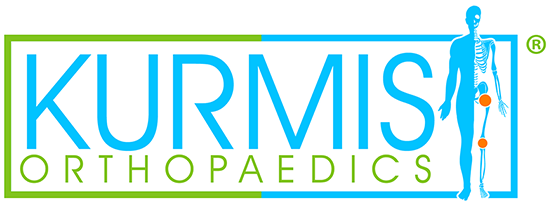
It has become the ‘norm’ in our modern world to have a busy schedule and a never ending to-do list! When we try to squeeze in too much, too often, our health can easily be overlooked. It is no surprise that lifestyle has a big influence on back pain!
The prevalence of injuries caused by overuse, rushing and repetitive movements has started to increase… Making time to look after your back doesn’t need to be another task, it can be used as a break or pause moment in our busy schedules…
Here’s our top 5 tips to help spot the warning signs and prevent unnecessary back pain:
-
 Practice Stress Relief
Practice Stress Relief
Stress and emotion can make pain in general worse. Practice breathing deeply through your diaphragm muscles (place one hand on your chest and the other on your stomach – feel the rise and fall of your stomach when breathing). Take time out, speak to someone and make more time to enjoy your life.
A Heat Pack is an effective way to soothe an achy back, relieve tension, assist in pain relief and keep warm. From wheat bags to heat pads… place your heat pack on the affected area (take care not to overheat).
- Ergonomics and Good Posture
Design your workspace (whether it is standing, sitting, driving etc), so that you can reach everything you need.
When sitting the important factors include:
- Adjust the seat height so your feet are flat on the floor or foot stool and your knees equal to or slightly lower than, your hips.
- Ensure there is a lumbar (low back) support or even a small pillow in the small of your back
- Adjust the back of the chair to a 100°-110° reclined slightly, however you need to make sure your upper and lower back are supported and your shoulders relaxed.
- Remove the arm rests if they are in the way.
 Neutral Spine and posture: There is a misconception of shoulders back when trying to gain neutral posture. Try to stay “Tall” through the low back and also “imaging there is a hair being pulled from the top of your head” to help sit and stand with better positioning.
Neutral Spine and posture: There is a misconception of shoulders back when trying to gain neutral posture. Try to stay “Tall” through the low back and also “imaging there is a hair being pulled from the top of your head” to help sit and stand with better positioning.
- Carrying/Lifting Heavy Loads
- Carry weight evenly through both hands keeping it close to the body to avoid excessive bending and reaching.
- Try to avoid carrying the load all in one go (break it up into smaller/lighter loads).
- Whilst carrying the load, try not to change direction through twisting. Take small steps to change direction.
- Use a second person to distribute bigger/awkward/heavier loads where possible.
- Try to change tasks often and do small amounts at a time (pace yourself and stay within your comfort limits).
-
 Strengthening and Stretching
Strengthening and Stretching
It is important to keep moving! By keeping your back muscles strong, you will give your spine and joints the support they need.
Learn appropriate stretches to stay mobile to help prevent injury. This is an important part of recovery and managing a low back injury. Regular changes of position and trying to avoid sustained postures are a great way to start.
- Maintain a Healthy Weight
Staying fit has been found to be one of the most important recommendations for avoiding back pain. Extra weight can stress your back and cause you pain. Eating a balanced diet and staying away from processed foods can keep your weight in a healthy range and your back healthy.
Physiotherapy treatments and programs:
The Physio Clinic runs supervised Hydrotherapy and Pilates classes aimed at achieving your own goals through education, increasing endurance/fitness/flexibility and decreasing pain you may have through strengthening especially the core muscles.
If you are experiencing pain or even a generalised ache, a physiotherapist can help manage the acute phase of an injury and implement a rehabilitation plan to help prevent re-occurrence, so you can continue enjoying your busy lives.
Lauren Swan – Physiotherapist























